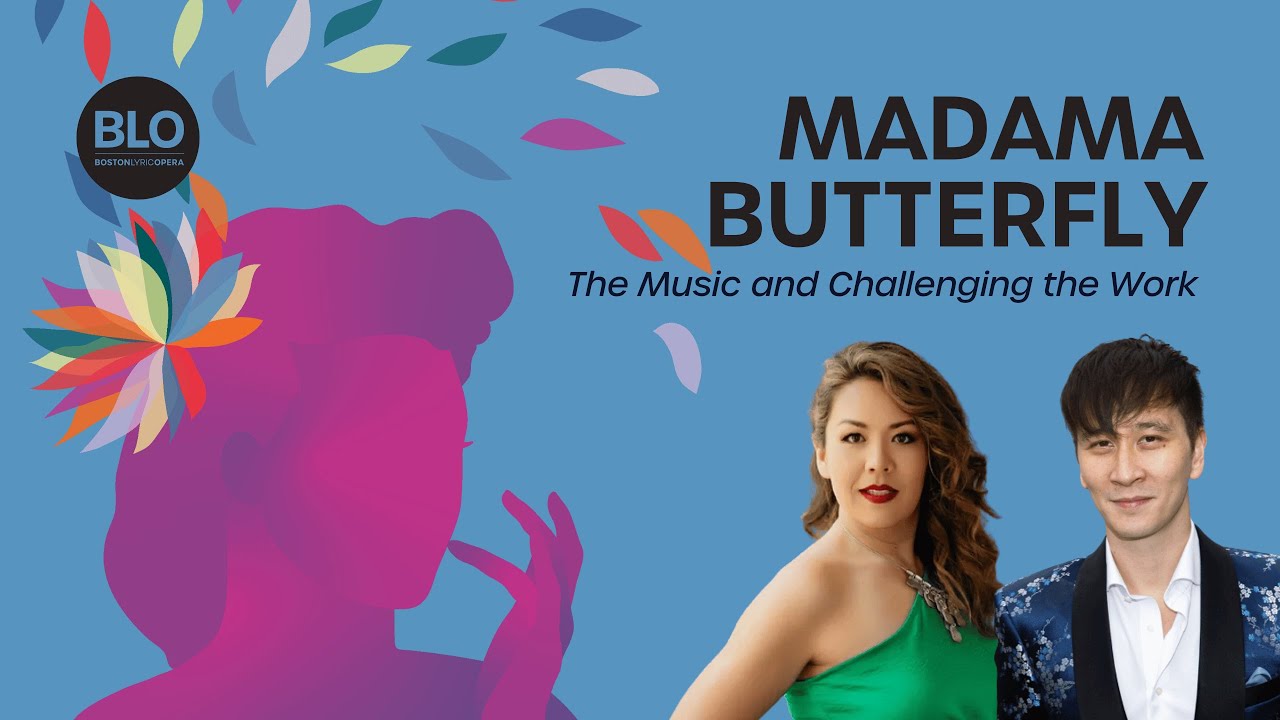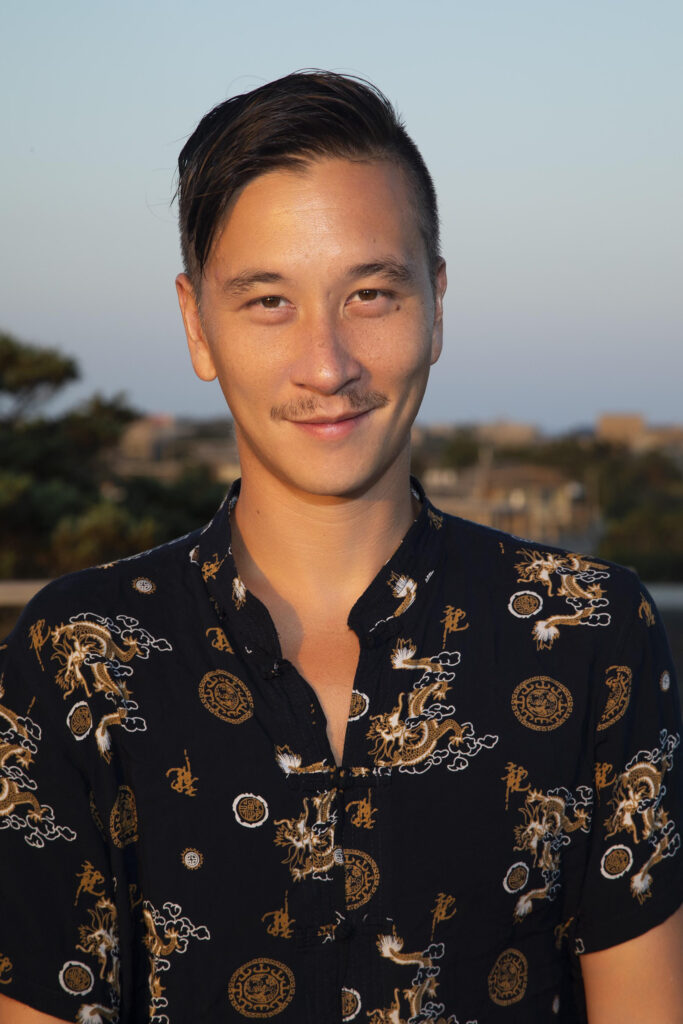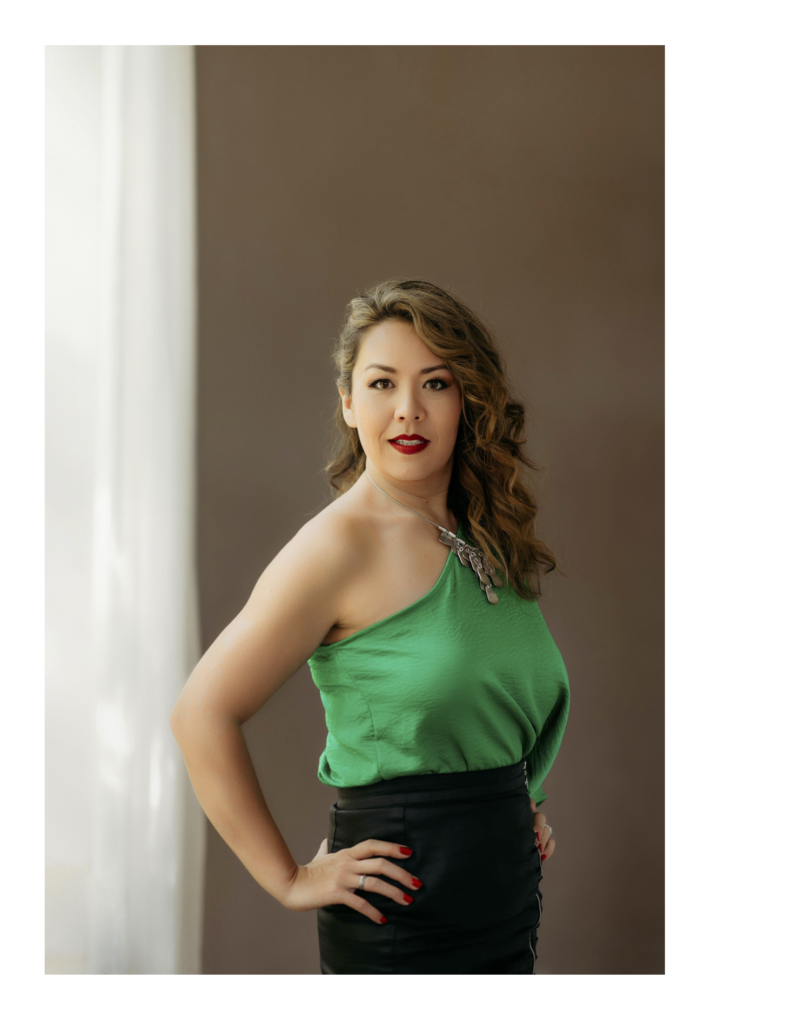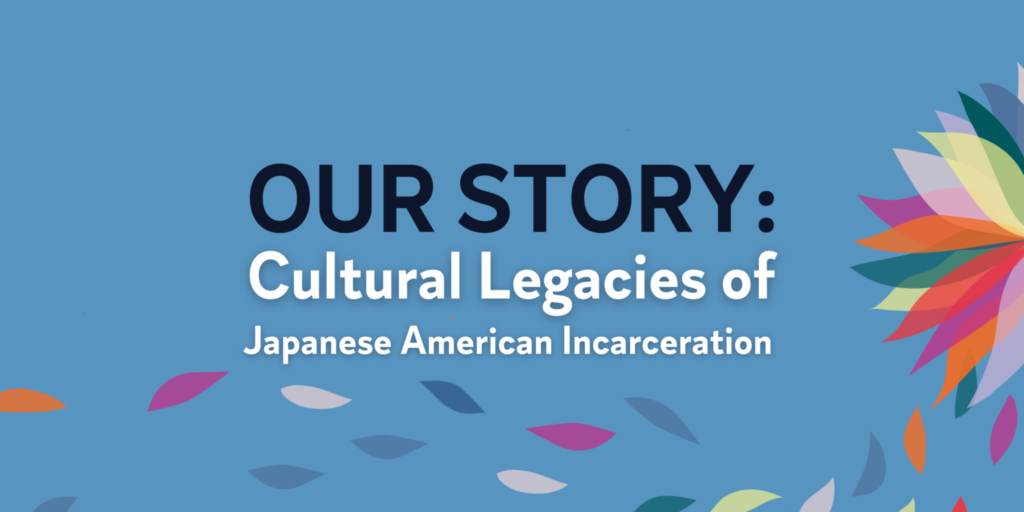
06 Sep A new take on “Madama Butterfly” updates Puccini’s opera for modern times
Even if you haven’t seen the opera, most people know the title “Madama Butterfly,” Giacomo Puccini’s famous work which debuted in 1904. More people today are probably familiar with “Miss Saigon,” the gaudy but popular Broadway musical based on “Butterfly” that takes the same plotline as “Butterfly”—American soldier stationed in Asia falls in love with a local woman, and returns to the States, not realizing she’s pregnant—and places the story during the end of the Vietnam War in the 1970s.
“Butterfly” is undeniably part of the operatic canon just as “Miss Saigon” is a perennial musical moneymaker today. But when the Boston Lyric Opera announced it would mount “Butterfly” in the fall of 2020, the world had different plans. Covid came along and shut down everything everywhere, all at once. The BLO then planned to stage it in 2021, but by that spring, anti-Asian hate crimes were in the headlines, and then eight people were killed in Atlanta. Six of the victims were Asian women.
The BLO took an unprecedented step. The company reached out to Phil Chan, a dancer and activist who had co-founded Final Bow for Yellowface, an organization that calls out racist Asian stereotypes in classic ballet works like Tchaikovsky’s “The Nutcracker,” which has an often insensitively cast and staged number “Tea (Chinese Dance”). He also wrote a book with the same title. The BLO asked Chan to moderate a series of online discussions focusing on the stereotypes in “Butterfly.” I interviewed Chan in 2021 about the BLO and “Butterfly.”
The intent was never to cancel the opera, says Chan, who loves opera including “Madama Butterfly” and Puccini’s other works, such as the equally problematic “Turandot.” After overseeing “The Butterfly Process” for the BLO, the chrysalis of a new, modern “Butterfly” was born. And, the BLO asked Chan to helm the production.
He wrote a new libretto and is stage directing the opera, with the story set not in Japan of the 1890s as a commentary on American colonialism, but instead in 1940s San Francisco, as a commentary on war and racism. The main characters, Cio-Cio-san (pronounced “cho-cho,” butterfly in Japanese) and B.F. Pinkerton, fall in love on the eve of the attack on Pearl Harbor and the subsequent incarceration of more than 120,000 people of Japanese descent during World War II. She’s a Japanese American singer in a Chinatown nightclub who’s sent to a concentration camp, and he is sent off to fight in the Pacific, not realizing she’s pregnant.

Chan is the first to admit he’s Chinese American and his family didn’t experience wartime incarceration. “You know, I’m not Japanese, my family was not incarcerated. So I’m thinking am I the right person to tell this story?” he asked.
So he relied on the BLO’s artistic advisor and dramaturg, Nina Yoshida Nelsen, who is biracial Japanese and whose grandmother was imprisoned at Poston in Arizona during WWII. Yoshida Nelsen, who founded the Asian Opera Alliance in 2021, has performed in “Butterfly” dozens of times over her career, and knows its every nuance. She isn’t performing in this staging, though. She helped Chan with the storyline. For Chan’s reimagining, she drew on her family history.
“She is the beating heart of this production,” Chan says. “Her family was incarcerated, so this is very personal. Just working with her brought out the human history of this in a very personal way.”
Bringing the JA perspective
Yoshida Nelsen acknowledges her JA roots. Her grandfather was in the 442nd Regimental Combat Team and her grandmother’s family was incarcerated. But she wasn’t part of a JA community.
She was born in Santa Barbara, and she says, “Growing up, you’re as American as you can be and you keep your head down and you do your work and you get good grades. We grew up with Japanese food on New Year’s Day and there were some words that I never knew the English words for like shoyu. But I wouldn’t say that I identified as quote unquote Japanese until people started typecasting me into Japanese roles. It wasn’t until people started telling me I was Japanese, that I had to look into what does that mean and what does that mean for me.”
She found that meaning in “An American Dream,” an opera that tells the story of a Japanese American and German American families during the war, in which she’s plays a character much like her grandmother was in camp since it first opened in 2015, and multiple times since. And then during the height of Covid, she co-founded the Asian Opera Alliance.
“In the spring of 2021, right after the shootings in Atlanta, we started to see opera companies around the United States post on their social media, saying ‘We support our Asian artists,’ similar to what we saw post-George Floyd with all the black artists,” she says. “There aren’t a ton of Asian artists in the industry and I started to see myself tagged in all of these posts.” And as she looked at all these posts, she saw one from an opera company that made a generic call for an Asian American soprano.
“Like, oh, we all look the same. You know, that stereotype trope.”

That’s when she realized her career had been built on her ethnicity. “It was all ‘Butterfly,’ ‘American Dream,’ ‘Turandot.” There was no, like, ‘Marriage of Figaro’ or ‘La Boheme’ or anything else. The only way we’re ever seen in opera is as Asian.”
She thought about it and realized over a busy decade of work, she had only sung three non-Asian roles. “I was shocked by this. I knew I had been pigeonholed into Asian roles, but I didn’t know how bad it was.”
Although she was nervous about ruffling feathers and hurting her career, she posted on social media about the issue. “I was scared that if I make waves that I’m not going to be hired and scared that my career is now in jeopardy by speaking out, but I also realized that not only is it my responsibility, but it’s also my opportunity as one of the older Asian American singers in the industry right now to use this platform to speak out.
“But within a week or two weeks, I had offers for, I think, four non-Asian roles.”
With that response, she and a friend formed the Asian Opera Alliance, which advocates for AAPI artists on its website and social media.
She knew of Phil Chan but the two had only spoken once before she met him through the Boston Lyric Opera, which asked her to participate in the Butterfly Process panel discussions. Now they’re creative partners in this revamped “Butterfly.”
Preserving the classic in a new context
Phil Chan says again that the intent has never been to cancel “Butterfly” or other classic works that have offensive images or themes that were part of the past.
“It’s about finding a new way to tell this story with a little bit more nuance, and something that addresses the American story but without changing the Puccini music,” he says. “I think that was our biggest challenge—the music is good. That’s why people like it. That’s why people buy tickets. And it’s, I mean, it’s like gut wrenching, it’s beautiful. So, how do we keep the music but not change the intention of what the work is and still make it feel artists have artistic integrity for today.
“I mean, you could come to this production of Butterfly, and if you closed your eyes, it would not be any different than what you saw at the Metropolitan Opera. This is not radical, this is not the woke Butterfly, it’s just changing the setting,” he adds.
“But yes, you know, it has to deal with the sexism, the Orientalism, the exotic suffocation, the sexualization, the violence in the opera. It’s not perfect. I’m not saying this is like now a perfect version. But it’s a version that at least shows the pain points so that the audience can be a little critical about it, while keeping the music as is. At the end of the day, I want the audience not to notice all the work and to just be able to see a beautiful story.”
In researching the 1940s timeline for this production, Chan worked with filmmaker Arthur Dong, who has made several documentaries that tell the history of the Chinese American community, including “Hollywood Chinese” and “Forbidden City, U.S.A.,” a film about a once-hugely popular nightclub in San Francisco’s Chinatown. Dong’s documentary also introduced Chan to Dorothy Toy, a Japanese American dancer who became a star in a duo with her partner Peter Wing. Toy was a Nisei born Shigeko Takahashi in San Francisco, who worked with Wing away from the West Coast during WWII while her family was incarcerated at Topaz in Utah. After the war, she returned to San Francisco’s Chinatown.
“And so just upon this rich history, that I knew nothing about, of this sort of, yeah, these nightclubs were Asian American spaces that were subversive with how they were dealing with being Asian and being American,” Chan says.
To make sure his references were historically accurate, Chan also worked with Japanese American historians, Indiana University Director of Asian American Studies Karen Inouye and Associate Professor Ashlyn Aiko Nelson. And unlike most if not all other productions of “Madama Butterfly,” the Asian roles in the opera are performed by AAPI performers instead of white singers in yellowface.
“So, all of those things were swirling around in the context of being Asian American during Covid in this moment, and I was thinking, well, why this opera? Why now? Like, what does this opera mean in this moment for me and other Asian Americans, so that was really the jumping-off point of this story.
“I think that’s why art is powerful, because it can take something that feels like it’s a history lesson, and actually make it a human story, and make you feel something. And it’s my hope that after someone sees this story, that they’ll think about how we see each other with more nuance and more empathy.”
Here is a video of highlights from the production:
The Boston Lyric Opera’s “Madama Butterfly” will be staged September 14-24 at Emerson Colonial Theatre, 106 Boylston St. in Boston.
Note: an edited version of this article will appear in the Pacific Citizen, the national newspaper of the Japanese America Citizens League (JACL).
The New England JACL chapter is sponsoring “Our Story: Cultural Legacies of Japanese American Incarceration,” a free panel discussion and performance moderated by Nina Yoshida Nelsen that will be in-person and livestreamed online on Sept. 11. Register here:





